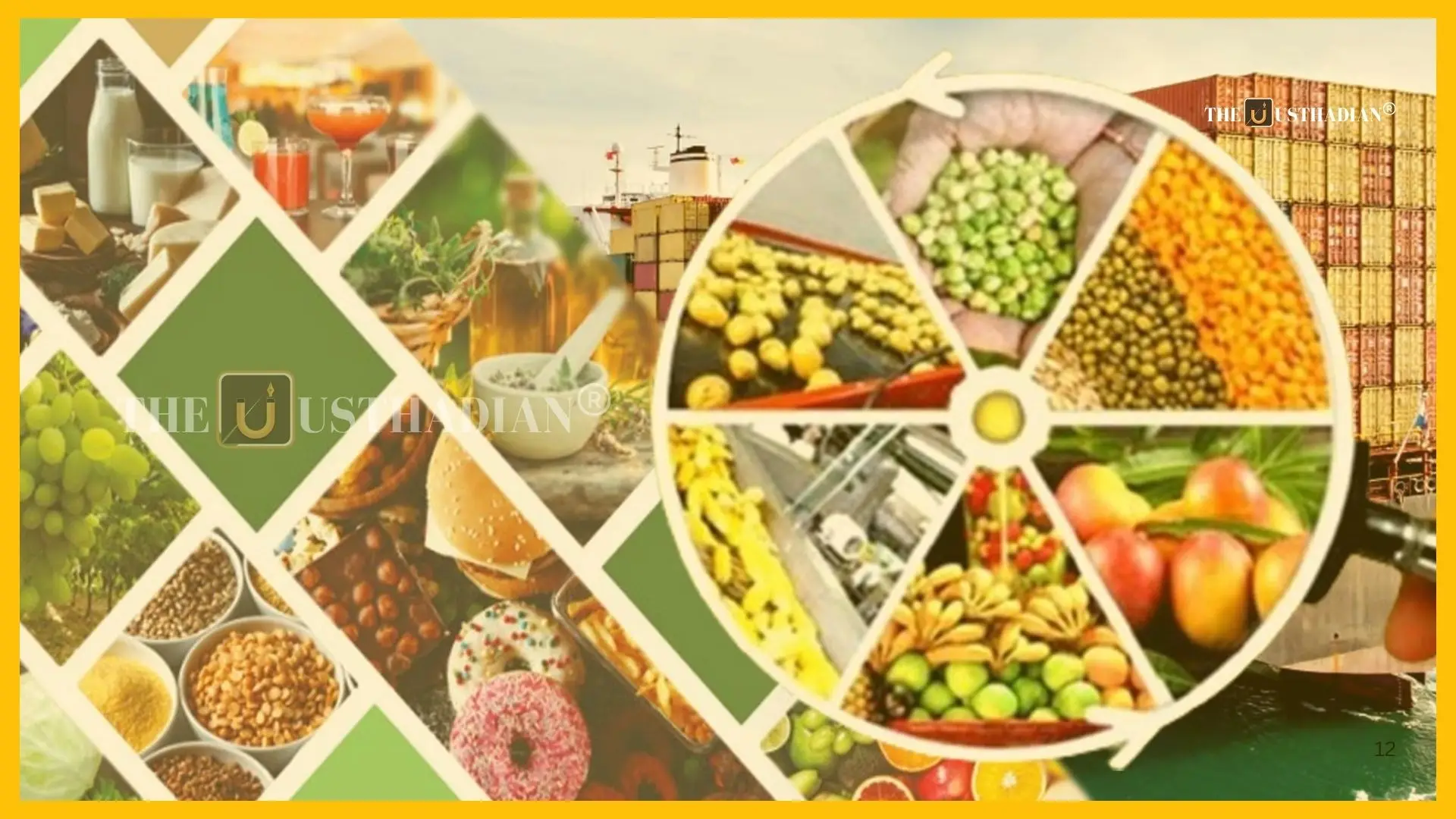NPOP 8.0: A Tech-Driven Boost to Organic Agriculture
India’s 8th Edition of NPOP: A Digital Push for Organic Farming and Global Exports: On January 10, 2025, the 8th edition of the National Programme for Organic Production (NPOP) was launched by Union Minister Piyush Goyal, marking a significant step in India’s shift towards sustainable agriculture and global trade competitiveness. With a target of ₹20,000 crore in organic exports by 2028, NPOP 8.0 represents India’s most ambitious push yet to transform organic farming through digital technology, traceability, and certification reforms.
What’s New in the 8th Edition of NPOP?
The 2025 edition introduces five new digital platforms:
- NPOP Portal: A single digital interface for farmers, exporters, certifiers
- Organic Promotion Portal: Connects FPOs and farmers to global buyers
- TraceNet 2.0: Tracks produce back to the exact harvest and farmer, building global consumer trust
- Revamped APEDA Portal: Simplifies export logistics and certification
- AgriXchange: Provides real-time market intelligence, prices, and demand forecasts
This digital integration strengthens transparency and improves India’s organic product credibility worldwide.
Why Organic Farming Is More Important Than Ever
India leads the world in number of organic farmers, yet export performance remains under-realised. Organic farming:
- Improves soil and water health
- Requires fewer chemical inputs
- Helps farmers earn more by tapping into premium export markets
With NPOP 8.0, India aims to scale this ecosystem through better certification, data, and connectivity.
Certification Reforms: Making It Easier for Farmers
- Reduced conversion time (up to 3 years) for chemical-free lands
- Grower groups now have legal status, making it easier for small farmers to certify collectively
- Public access to organic farm data and IT-based audit tools have reduced red tape and boosted accountability
Regions like Northeast India (for ginger and turmeric) and Madhya Pradesh (for cotton) are already seeing improved returns through organic exports.
GLOBAL PARTICIPATION AND SUPPORT
Over 1,000 organic farmers attended the launch.
International brands like Organic India, Amul, and 24 Mantra showcased products.
Delegates from the EU, USA, South Korea, UAE and organisations like FAO, IFOAM, FiBL endorsed India’s organic roadmap — a sign of growing global trust.
STATIC GK SNAPSHOT FOR COMPETITIVE EXAMS
India’s 8th Edition of NPOP: A Digital Push for Organic Farming and Global Exports:
| Topic | Fact |
| Scheme Name | National Programme for Organic Production (NPOP) |
| Launched By | APEDA, Ministry of Commerce & Industry |
| Current Edition | 8th |
| Event Date | January 10, 2025 |
| Export Target by 2028 | ₹20,000 crore |
| Traceability System Introduced | TraceNet 2.0 |
| Number of Farmers at Launch | 1,000+ |
| Countries Interested in Trade | USA, EU, UAE, South Korea, Australia |
| Key Organisations Present | FAO, FiBL, IFOAM |
| Farmer Support Portals | Organic Promotion Portal, NPOP Portal |
| Conversion Period (New Rule) | Up to 3 years depending on land history |








